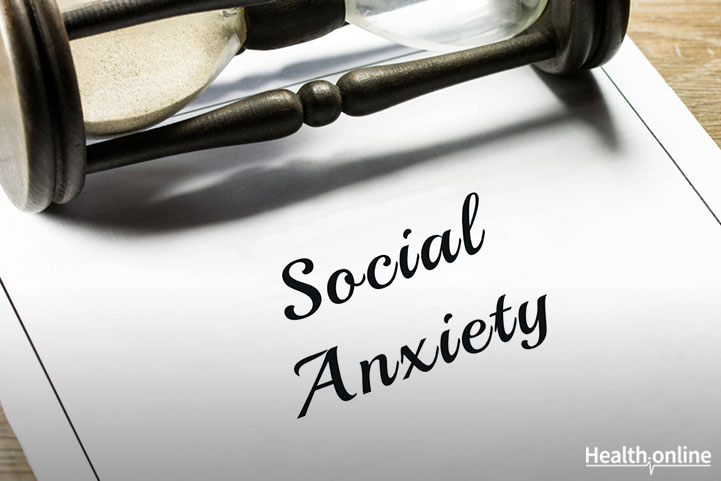
Social Anxiety Disorder
Social anxiety disorder , or social phobia , is a fear of acting in a way or showing anxiety symptoms that will cause the sufferer to be humiliated or rejected by others. This fear or anxiety is often disproportionately greater than the actual likelihood of rejection or humiliation. Individuals with this condition underestimate their social skills, which lead to avoidance of social situations and suppression of emotional expression in order to reduce the chance of feeling rejected.
What are the symptoms of social phobia?
Social anxiety significantly impacts daily life. Individuals with social anxiety typically have fewer friends and are less likely to get married or have children. They may also avoid or quit jobs that require them to give presentations. These individuals typically make 10% less than the rest of the population. Children may perform worse in school.
What causes social phobia?
The cause of this disorder is likely to be a combination of biological and environmental factors, with biological factors only increasing the likelihood of developing the condition rather than the condition itself.
Who is typically affected by social anxiety disorder?
Social anxiety is one of the most prevalent anxiety disorders . Some studies have found it can occur in more than 1 of every 10 people. Women are more likely to develop social anxiety.
When does social phobia develop?
Social anxiety typically develops in childhood or adolescence. It can develop in various ways. Some individuals can pinpoint a time when it developed, while others had a more gradual experience. Some have experienced it all their lives. This condition is unlikely to go away without treatment in adults. However, children may grow out of it before adulthood.
What other conditions commonly occur with social phobia?
Nearly 80% of adults with social anxiety will also experience another psychiatric disorder at some point in their life, particularly anxiety disorders (up to 70%), affective disorders (up to 65%), nicotine dependence (27%) or substance-use disorder (approximately 20%). They are also more likely to develop personality disorders, such as avoidant personality disorder.
What treatments are effective against social phobia?
There are several psychological interventions; including exposure in vivo, applied relaxation, social skill training, cognitive restructuring, cognitive behavioral interventions, cognitive therapy, interpersonal psychotherapy, psychodynamic psychotherapy, and mindfulness training. Some pharmacological treatments that can reduce feelings of anxiety include SSRIs, serotonin and noradrenaline reuptake inhibitors (SNRI), and monoamine oxidase inhibitors (MAOIs).




